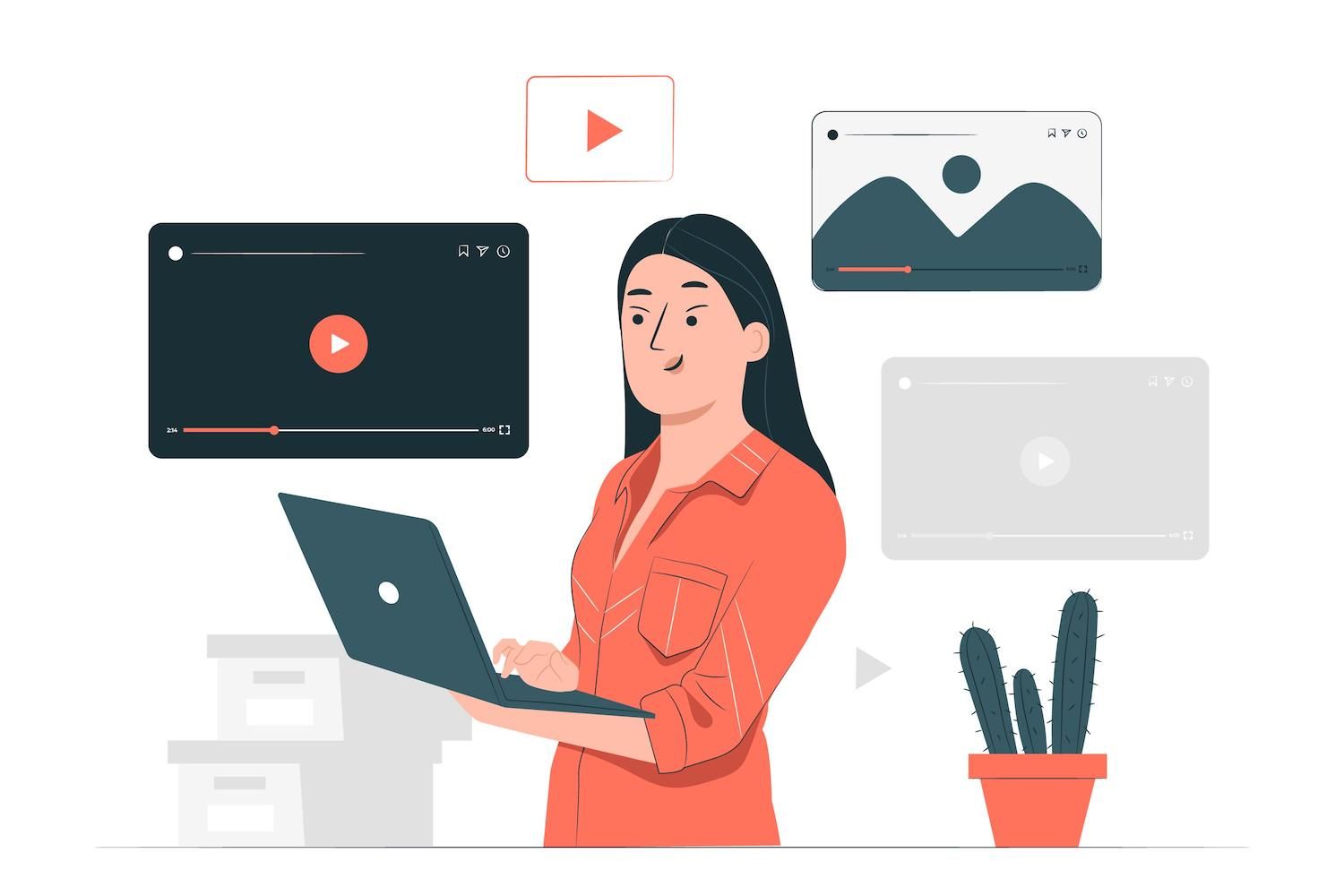How can you earn money on the WordPress Website without Ads
Contents
- The tools you'll need
- How to monetize your WordPress Site Without Ads (In 5 steps)
- Step 1 Download WordPress and install
- Step 2: Add the Paid Content you purchased
- Step 3 Create A Membership
- Step 4 Setup Rules for Controlling Access
- Step 5 Setup your Login and Registration Page
- Some Websites Use for Monetization
- Booooooom
- My Mindful Movement
- Conclusion
- Get Today
If you're looking to earn money from your website, you might think advertising is the sole method to achieve this. But what if there was an alternative way to monetize the content on your website?
We're here to tell you there is! With WordPressand , you can make a website that can earn you cash without the hassle of dealing with advertisements or give up valuable space to accommodate them.
In this blog, we'll show you how you can earn money from your website with no ads. Let's get started!
What Tools You'll Need
Here's what you need to know before you start:
- WordPress: a completely free Content Management System (CMS) that can help you build websites of any kind.
- a monetization and membership plugin that enables you to generate revenue from your WordPress site.
How to monetize the Revenue of a WordPress Website without Ads (In 5 Steps)
Once you've identified the necessary tools for the creation of a revenue-generating site, it's time to take into consideration how you can build one.
Step 1: Download WordPress and Install

With a monetization tool, you are able to make money from your website by offering memberships or subscriptions.
Step 2: Add Your Paid Content
You can organize paid content using tags and categories. In this way, it'll allow you to better control access.
To get started, open the new page, or post in WordPress. You can then write your content or upload files such as images and videos:

If you're all set, head to The Post tab of your editor. There, you'll be able to add tags and categories to your posts.

Additionally, you can utilize WordPress to make and sell online courses. This video will demonstrate how to create a curriculum on your WordPress site:
Step 3: Create a Membership
This can help you generate a steady stream of income with no advertisements to your website.
On the dashboard of your WordPress dashboard, select the menu for Memberships and then Add New. You will be taken to a page on which you can create a new membership:

The first step is to add a title and description. You can then set a price, billing type, and accessibility standards.
This tutorial will provide you with the most thorough guide on how to set up the memberships for your site:
Step 4: Establish Rules to Control Access
Our plugin gives you the ability to restrict access to your content , so that only members who pay see the material. On the dashboard of your WordPress dashboard, go to > Rules > Add New:

You will be taken to a webpage where you are able to create rules for your content. Within the Content & Access section, you will be able to select which of your posts to protect.
In this case, for example, you could choose Categories of Postsand type in the title for the Category:

Under Access Terms Under Access Conditions, you are able to select the type of membership that grants access to this content:
WATCH >> PROTECTING YOUR WEBSITE'S CONTENT: HOW Utilize RULES
After you've set up these guidelines that only members who pay have access to your content. Users who want to view the content of your website, download images, or enroll in your online course will need to purchase the membership.
Step 5: Setup Your Login and Registration Pages
Then, you'll need create your registration and login pages in order for users to sign-up and browse the content you have posted.
Within the WordPress dashboard, go to the Settings tab and then Pages. Then, locate your login page field and select the Edit option.:

Check out our instructional video to find out how to customize the login page:
Also, you'll need to modify the registration page. To do so, go to > Settings > Fields.
In the section titled Custom User Information Fields You can design additional fields on your registration form:

You can watch our video for further details on how you can customize your registration page
Now users are able to sign-up to become members and gain access to your contents!
Some Websites Use the Monetization Technique
Christina Jones Photography, mentioned in the previous paragraph, is an example of a site that is using revenue generation.
We'll take a look at a few additional!
"Boom!"
Booooooom is a site for membership that caters to photographers, artists, and illustrators. Once you're an active member, you are able to submit your work to be considered as a feature on the website. You'll also get 20% off of all products available in the shop online.
There are two kinds of subscriptions, monthly and annually.
My Mindful Movement
My Mindful Movement is a yoga website offering online classes. If you join you'll be able to access fitness videos, live sessions and a social group.
Customers can choose to pay a monthly , or annual cost, or buy a subscription for up to six months. This option is appealing to those with different budgets and needs.
To get more ideas Click here!
Conclusion
With WordPress and its plugins, you are able to make money while creating important content.
Here's a quick overview of how to monetize your site without advertisements:
- Incorporate your content that you paywalled.
- Start a new member.
- Establish rules for who can access your material.
- Configure your registration and login pages.

Start Today
Make money from your WordPress website quickly and efficiently start today!
Do you have suggestions regarding monetizing websites without advertisements? Share your thoughts in the comment section.
